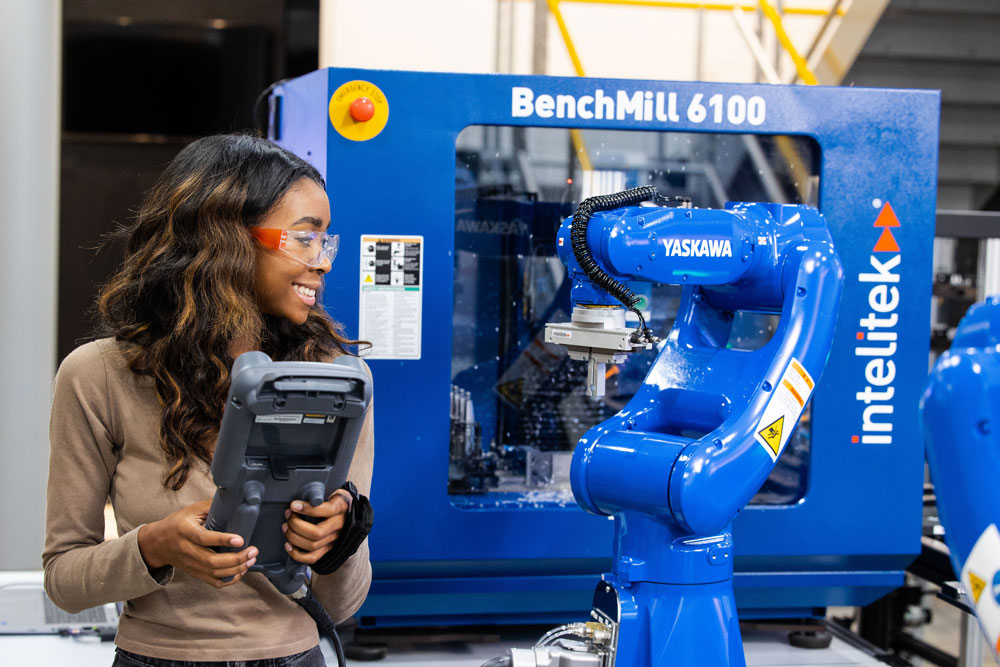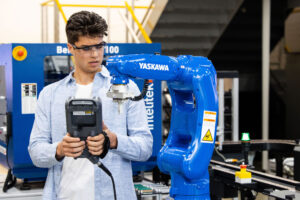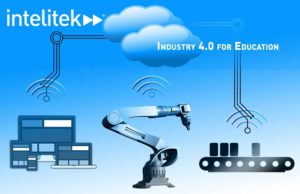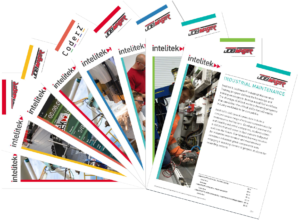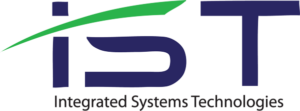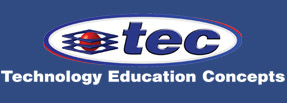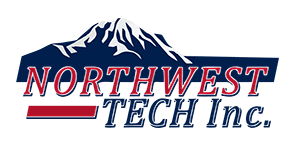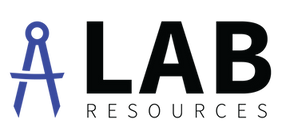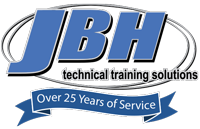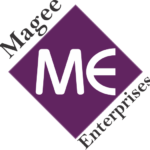In today’s world, we are surrounded by technology that is changing at a rapid pace. Due to this evolution, the industrial labor force has also changed; the need for workers is still strong, but the requirements and skills of these workers has morphed as the demands of industry have transformed. Modern industry utilizes advanced technology to remain competitive, and the modern employee needs the skills to integrate into this growing job market. This makes it critical for career and technology classrooms to connect their learning to the real-world careers that students are preparing for.
Here are four essential strategies for connecting classrooms to careers:
- Teach a curriculum that focuses on practical theory and is directly connected to industry.
While industry will progress over the course of each student’s career, imparting thinking skills can enable these students to develop in their careers as changes in the labor market occur and remain relevant despite the unpredictable nature of industry. The thinking skills that are core to successful training programs are the 21st century skills known as the 4C’s: creativity, critical thinking, collaboration, and communication. When taught in career and technology classrooms, these thinking skills should connect directly to the industry applications that will be relevant to students in their careers.
- Design your program around competencies and skills.
It’s important for students to gain a wide range of competencies in their learning, including skill sets for specific tasks in their future careers. Programs should include skill drills, which allow students to do the real tasks they will have in the workplace environment. These drills give students hands-on experience and critical thinking skills that apply directly in the workplace environment.
- Utilize real industrial equipment.
In each discipline, equipment that is specifically designed to teach the principles of that specialty should be used for learning. This means utilizing real industrial equipment to replicate real-world industry jobs. Students gain hands-on experience while learning about real-world applications and how to solve complex problems.
- Offer education and skill sets critical to Industry 4.0.
Industry and manufacturing is changing, and Industry 4.0 for education is a critical part of this change. Educators must deliver the right workforce with the right skill sets to fill Industry 4.0 jobs. Today’s workforce needs to be savvy, hold multi-disciplinary skill sets, and have strong interpersonal skills like communication, organization, management, and collaboration. Students must learn how to integrate these multi-disciplinary skills with various technologies and adapt to industry changes across the course of their careers.
To connect classrooms to careers, it’s critical to change the education paradigm from teaching knowledge to building thinking skills and offering hands-on opportunities to exercise these skills. This approach leads to graduates who are able to adapt themselves to changes in the job market over the course of their careers. As educators, we want to inspire individuals that will be able to successfully respond to change and lead processes to adapt to progress, resulting in increased value for society, employers and for themselves.

